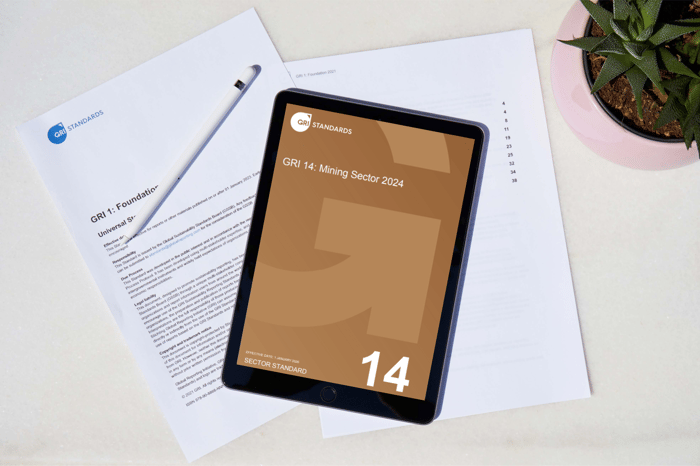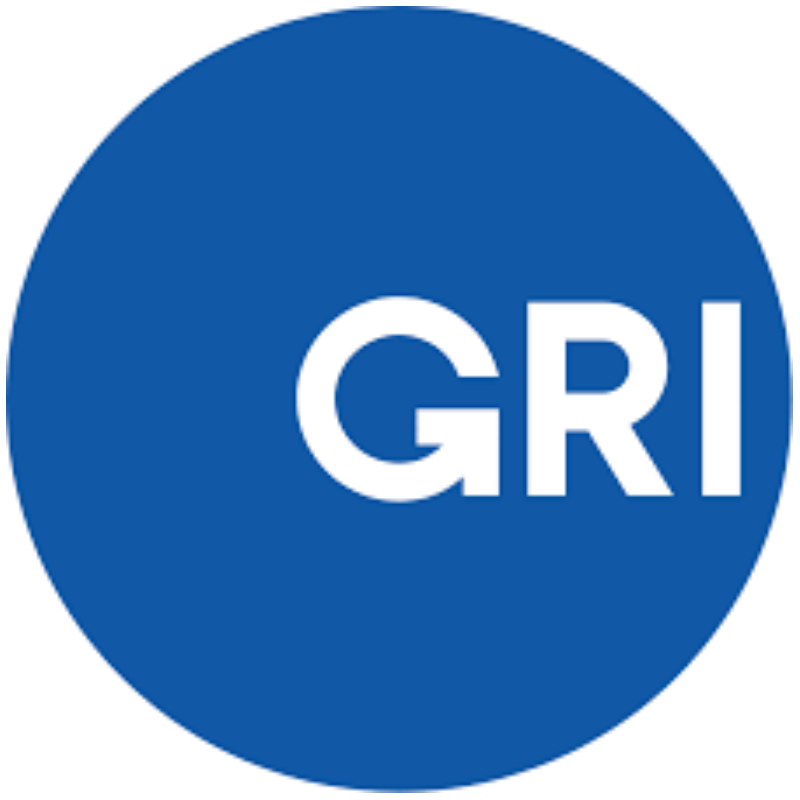Seven new translations of GRI 14 now available


In line with GRI’s commitment to provide the global common language for sustainability reporting, seven translations of GRI 14: Mining Sector 2024 have been published. In addition to English, the Mining Standard can be freely downloaded in Simplified Chinese, French, German, Indonesian, Japanese, Portuguese and Spanish. Further translations – in Italian, Arabic and Traditional Chinese – will be made available soon.
GRI 14, the first global transparency standard for responsible mining, addresses the pressing need for consistent, granular and complete reporting on the sector’s wide-ranging impacts and contributions to sustainable development. Launched in February of this year, it is the fourth addition to GRI’s Sector Standards series and enters into effect for reporting on 1 January 2026.
Applicable to any organization operating in mining and quarrying, GRI 14 enables them to use a common set of metrics to disclose their impacts. The Mining Standard:
Sheds light on the dual nature of the mining sector: providing essential minerals and metals that society relies on, while having significant impacts on the environment, communities and workers. Sets expectations for site-level transparency that reflect local impacts, to help stakeholders assess impacts and risks by location and specific minerals. Covers critical themes that range from emissions to waste, human rights to land and resource rights, climate change to biodiversity, anti-corruption to community engagement. Introduces three topics not previously addressed by GRI, yet specifically relevant to mining firms: tailings management, artisanal and small-scale mining, and operating in conflict zones. GRI thanks the peer reviewers who contributed their time on a voluntary basis to ensure the accuracy and usability of these translations, expanding the accessibility of the world’s most widely used sustainability reporting standards.
Photo credit © GRI
Published by
 GRI - Global Reporting Initiative
GRI - Global Reporting Initiative
 GRI - Global Reporting Initiative
GRI - Global Reporting Initiative

